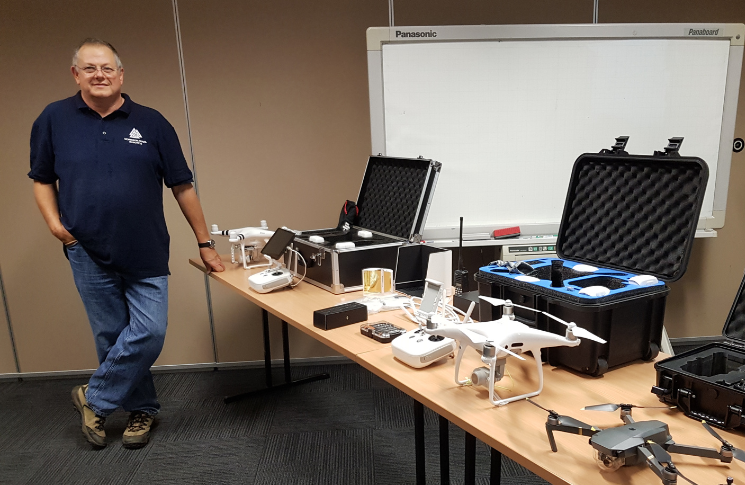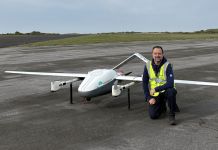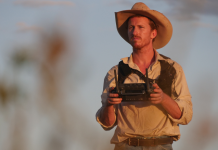Meet Martin Bass, an experienced pilot with a passion for technology and the environment.
Martin has spent decades working in aviation and with drone technology. He is the senior editor for technical publications at the Civil Aviation Safety Authority (CASA) and is the co-founder of Drone-Wise.
In addition to being a pilot, Martin has a diverse background that blends flying, consulting and education.
From an early age, Martin always wanted to fly helicopters. His passion for aviation led him to obtain multiple flying licences including a remote pilot licence (RePL), private pilot licence (PPL) and a commercial helicopter licence (CPL(H)).
Martin has worked as a freelance aviation journalist, writing for clients both in Australia and overseas. Over the years, he combined his love for aviation with his skills in management consulting, strategic planning, and community engagement, working with government agencies and organisations.
In 2016, Martin’s journey took an unexpected turn when he met a drone pilot. Fascinated, the technology inspired Martin to build his own drone. He also bought his first professional-grade drone and started experimenting with its applications.
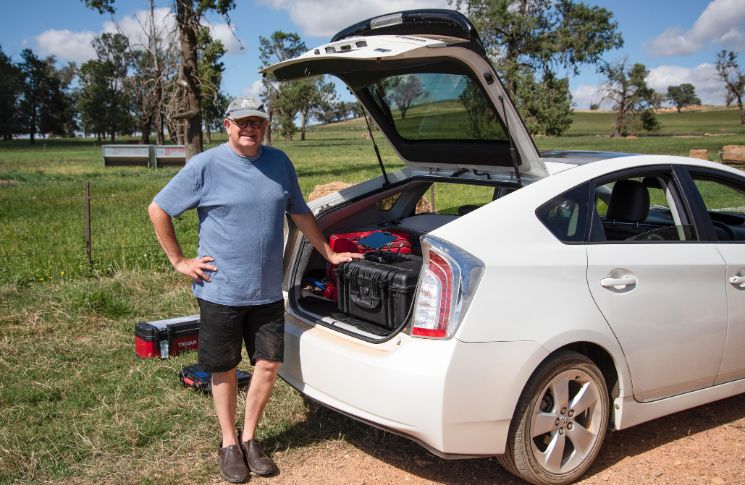
One of his first jobs as a commercial drone operator was at Warrumbungle National Park in Central West NSW, where he used drones for mapping plants, analysing wildlife habitat and educational purposes. This work was not only innovative but also meaningful, allowing Martin to combine his aviation skills with his passion for the environment.
The success of this project opened new doors for Martin. In 2018, he participated in a trial that used drones to assess storm damage. Following the success of the trial, he went on to complete more than 750 damage assessment flights across Australia’s eastern seaboard using drones.
Martin’s government experience led him to develop a training course tailored for local governments. The course focused on drone use in areas where staff were restricted to work at heights. The course became popular among government agencies that used drones to ensure the safety of their staff during operations.
Martin has also worked in rural communities, training drone operators in places like Murrumbateman, Bega, Berry, Goulburn and Wilcannia.
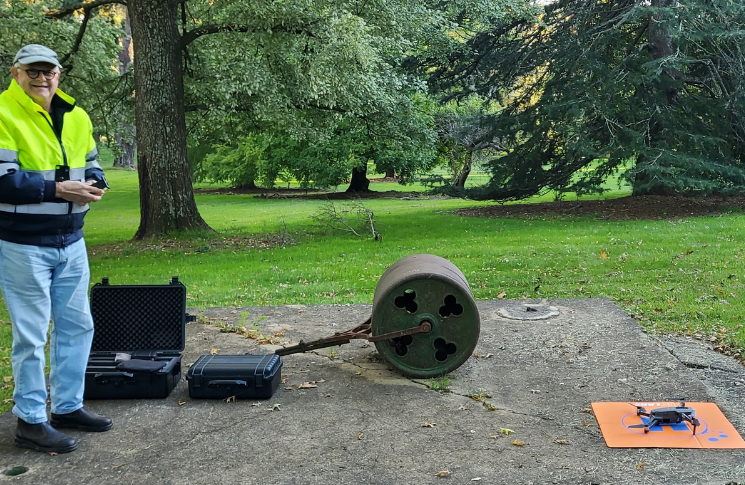
While drone technology continues to change how businesses operate, Martin emphasises the importance of safety.
‘As drones become more advanced, pilots must be mindful of the rules and operational limits to ensure safe flying,’ he says.
Weight reduction and improved capabilities are key areas of focus in the development of drones.’
Martin advises new drone operators on the importance of scanning the area before launching and to recognise their limits and the limits of their drone.
‘Safety is paramount, and it’s essential to take precautions, such as using accessories like propeller guards, to ensure a safe flying experience,’ he says.
Martin’s top tips for drone operators:
- scan the area before you fly
- never fly when unwell as it increases the margin for error
- add safety accessories such as propeller guards to your drone
- know your limits and your drone’s limits
- follow the drone safety rules.
Martin’s work continues to shape the future of aviation and drone use, especially in the environment and public sector.
If you would like to feature in Drone flyer diaries, please email us.

